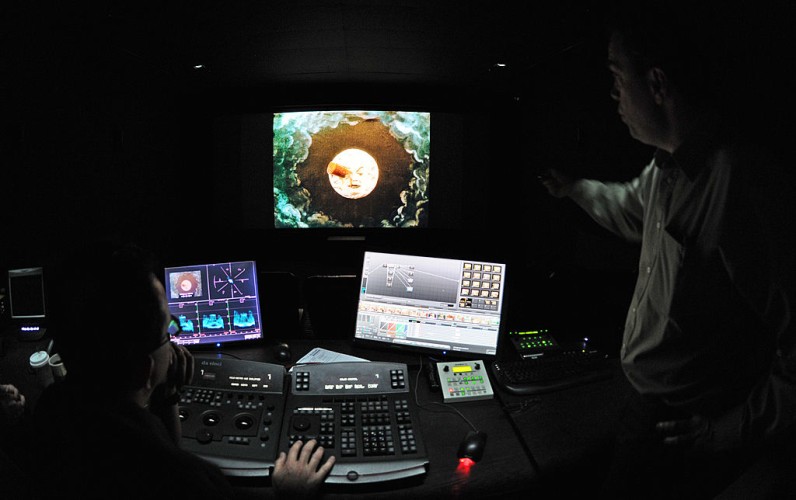
NASA Administrator Bill Nelson has issued a stark warning about China's ambitious strides in space exploration, cautioning that they could trigger a race for lunar territory akin to the disputes in the South China Sea.
Nelson's worries about China's space advancements coincide with the setbacks NASA's Artemis moon program encountered. The Artemis program aims to send astronauts back to the moon, marking the first human landing on the lunar surface in many years. However, both the Artemis II and Artemis III missions, which are crucial parts of this program, have been delayed by a year.
These delays are attributed to concerns related to important equipment onboard the launch vehicle.
Speaking to Yahoo Finance, Nelson expressed concerns over the potential for the United States to fall behind in the global space race as China presses forward with plans to land astronauts on the moon.
"There's a real risk that China might assert its presence on the moon, claiming territory and excluding others." Nelson remarked.
He also stressed the need to prevent a scenario where celestial bodies like the moon and Mars become subjects of territorial disputes, echoing similar geopolitical tensions on Earth.
Concerns About China's Moon Landing Plans
China is poised to achieve a record 100 orbital missions in 2024, solidifying its position as the world's second-most-active launcher after SpaceX. Beyond this year, the country has already outlined its ambitious goal to land a crewed mission on the moon's south pole by 2030, according to Asia News Network.
It's worth noting that Nelson's specific concern regarding the lunar south pole is that it is believed to harbor resources such as water ice, which could be helpful for future exploration and the sustainability of missions on the moon.
The NASA admin warns of the risk of exploiting this area solely for its resources, likening it to a "gas station" where water is converted into rocket fuel. In doing so, he stresses the importance of ensuring fair and equal access to celestial bodies like the moon rather than allowing them to be exploited for individual or national gain.
To address these challenges, NASA has advocated for establishing clear guidelines through the Artemis Accords, a set of principles for peaceful exploration of the moon and beyond.
While 38 countries have voluntarily signed the accords, China has notably abstained.







Join the Conversation